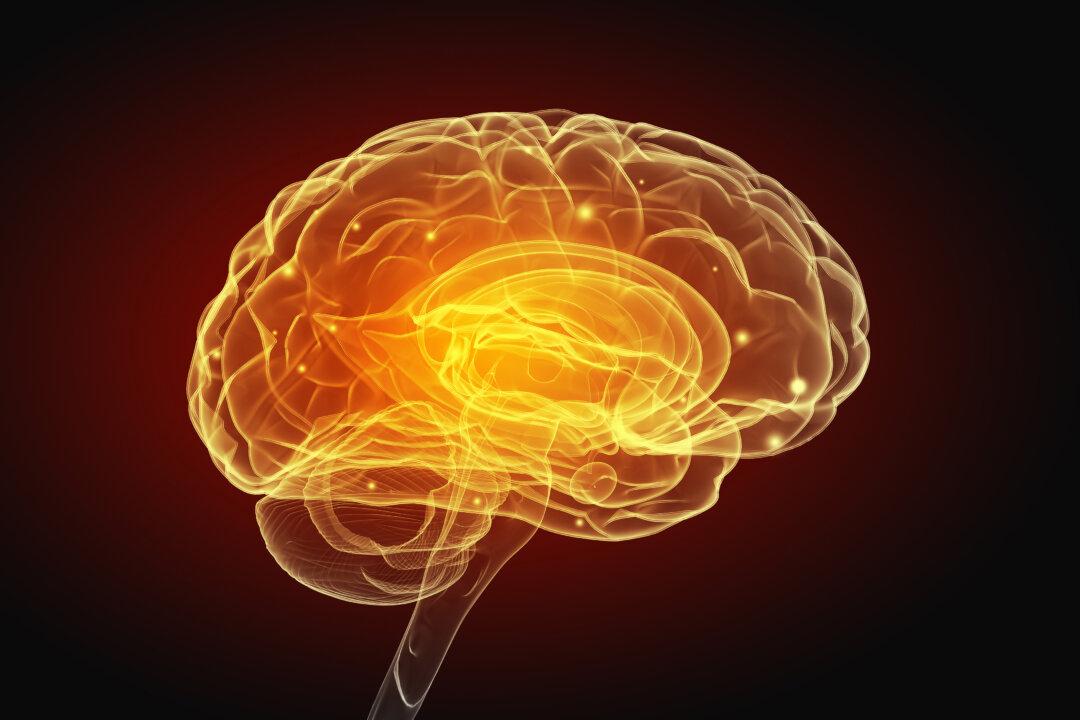Scientists have developed a new method to detect signs of Alzheimer’s disease in the blood, hopefully providing a cheap and reliable alternative for those who don’t have access to expensive brain scanning services.
Alzheimer’s disease is a progressive brain disorder that slowly destroys memory and thinking skills. According to the National Institution of Health, there are about 5.8 million people in the United States living with Alzheimer’s and related dementia.





